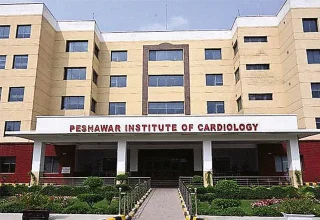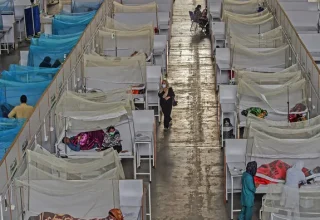
Simple sugar consists of glucose and fructose. Unlike glucose, which can be used by every cell in our body, fructose, however, can only be metabolized in the liver, says Dr Praveen CR, Senior Consultant, General GI and Laparoscopic Surgeon Manipal Hospital, Varthur Road Branch, Bengaluru. He notes that this excess fructose is converted to fat and leads to fatty liver disease. This results in hypertriglyceridemia, which can be diagnosed with a lipid profile blood test.
“Fiber-rich foods (vegetables/fruits/whole grains) cause adequate distension of the stomach and intestines. The brain’s satiety center is stimulated and the body receives a signal that enough food has been consumed. This results in less appetite. On the other hand, sugar, salt and Highly processed foods containing fat lead to excessive cravings for food as it lacks the benefits of fiber-rich foods,” shares Dr. Praveen.
He explains that when someone eats excess sugar, there is a selective increase in the number of sugar-loving bacteria. This leads to dysbiosis and the growth of harmful bacteria that love to feed on sugars. This in turn leads to consumption of processed foods instead of healthy whole foods.
Eating too much sugar sends a wrong signal to the body, which stores it as fat. “During evolution, more food meant later periods of starvation. Our ancestors ate a lot in the spring, due to food shortages in the winter. However, in times of famine, stored fat was used for energy. However, in the present-day scenario of constant availability of food, this is due to regular glucose spikes. leads to insulin resistance. This insulin resistance leads to diabetes and obesity,” explains Dr. Praveen.
The normal gut has a protective inner lining due to the anti-inflammatory properties of beneficial bacteria. Increased intake of sugar leads to a relative abundance of proteobacteria (harmful bacteria) in the gut, the doctor said. “Bacteroidetes, the beneficial bacteria, are reduced in number. The effects of endotoxin are no longer mitigated and the gut barrier function is weakened. Endotoxins are lipopolysaccharides found in the cell walls of gram-negative bacteria that cause inflammation. Sugar throws off the balance of the microbiome. Bacteria which supports immunity against harmful bacteria. Depletion of these immune cells can lead to cardiometabolic diseases and diabetes,” said Dr. Praveen.
Dr Praveen CR has listed the following foods that you should avoid:
- Refined Sugar: Avoid excess consumption of tea/coffee/fruit juice/regular cooking at home.
- Bakery Foods: Breads, biscuits, cakes, candies, chocolates etc (may contain refined sugar, trans-fats and salt).
- Most packaged foods (factory-produced foods) and snacks: Many foods have hidden sugar in them, such as tomato sauce/ketchup, and added sugar in snacks. Read ingredient labels carefully.
- Carbonated Drinks: Soda, soft drinks and sugary sodas.
How Much Sugar Should You Eat Every Day?
According to the American Heart Association (AHA), the maximum amount of sugar you should consume in a day is:
- Men: 150 calories per day (37.5 grams or 9 teaspoons)
- Women: 100 calories per day (25 grams or 6 teaspoons)
Note that this includes all forms of sugar, whether sugar in food or added sugar.














































